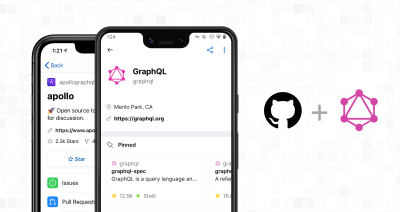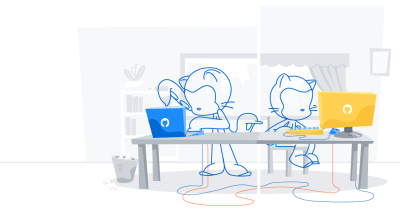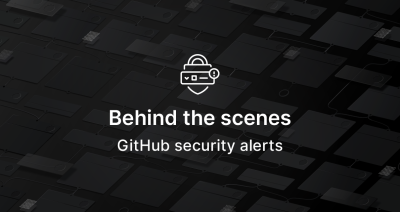
Building GitHub: introduction
An introduction to our blog series on GitHub’s investments in technical excellence.
Over the course of a year, GitHub’s engineers make millions of commits across all of our internal repositories, process billions of API requests, and run tens of thousands of deployments across the internal apps that power GitHub’s services. We use many of GitHub’s products and plenty of other open source tools to operate at this scale. Here’s an inside look into how we do it.

An introduction to our blog series on GitHub’s investments in technical excellence.

GitHub’s mobile applications have used GraphQL to power new features. We’ve now been able to move faster and get more done with less hassle and no over-fetching. We were able…

At GitHub, we spend a lot of time thinking about and building secure products—and one key facet of that is threat modeling. This practice involves bringing security and engineering teams…

GitHub recently upgraded to Ruby 2.7. Learn how the team approached the deprecation warnings, why upgrading is important, and the notable performance improvements.

The Semantic Code team shipped a massive improvement to the language support system that powers code navigation. Code navigation features only scratch the surface of possibilities that start to open up when we combine Semantic‘s program analysis potential with GitHub’s scale.

ICYMI: docs.github.com is the new place to discover all of GitHub’s product documentation! We recently completed a major overhaul of GitHub’s documentation websites. When you visit docs.github.com today, you’ll see…

Check out what we learned from shipping our busiest Go service in production—we found 3 bugs in the Go MySQL driver.

The GitHub engineering team shares best practices for making remote work part of your company culture.

GitHub shares best practices for making remote work part of your company culture.

Learn about the legacy, architecture, and methods used to reduce 48k lines of code to 10 as we take a deep dive into GitHub’s Javascript SDK.

Learn more about how we found ways to scale our vulnerability hunting efforts and empower others to do the same. In this post, we’ll take a deep-dive in the remediation of a security vulnerability with CERT.

Learn more about what’s behind the scenes with GitHub vulnerability alerts.

In this deep-dive, we identified and worked through sporadic latency issues with services running on Kubernetes in our environment.

We’re announcing the CodeSearchNet Challenge and releasing a large dataset for natural language processing and machine learning.
Build what’s next on GitHub, the place for anyone from anywhere to build anything.
Catch up on the GitHub podcast, a show dedicated to the topics, trends, stories and culture in and around the open source developer community on GitHub.